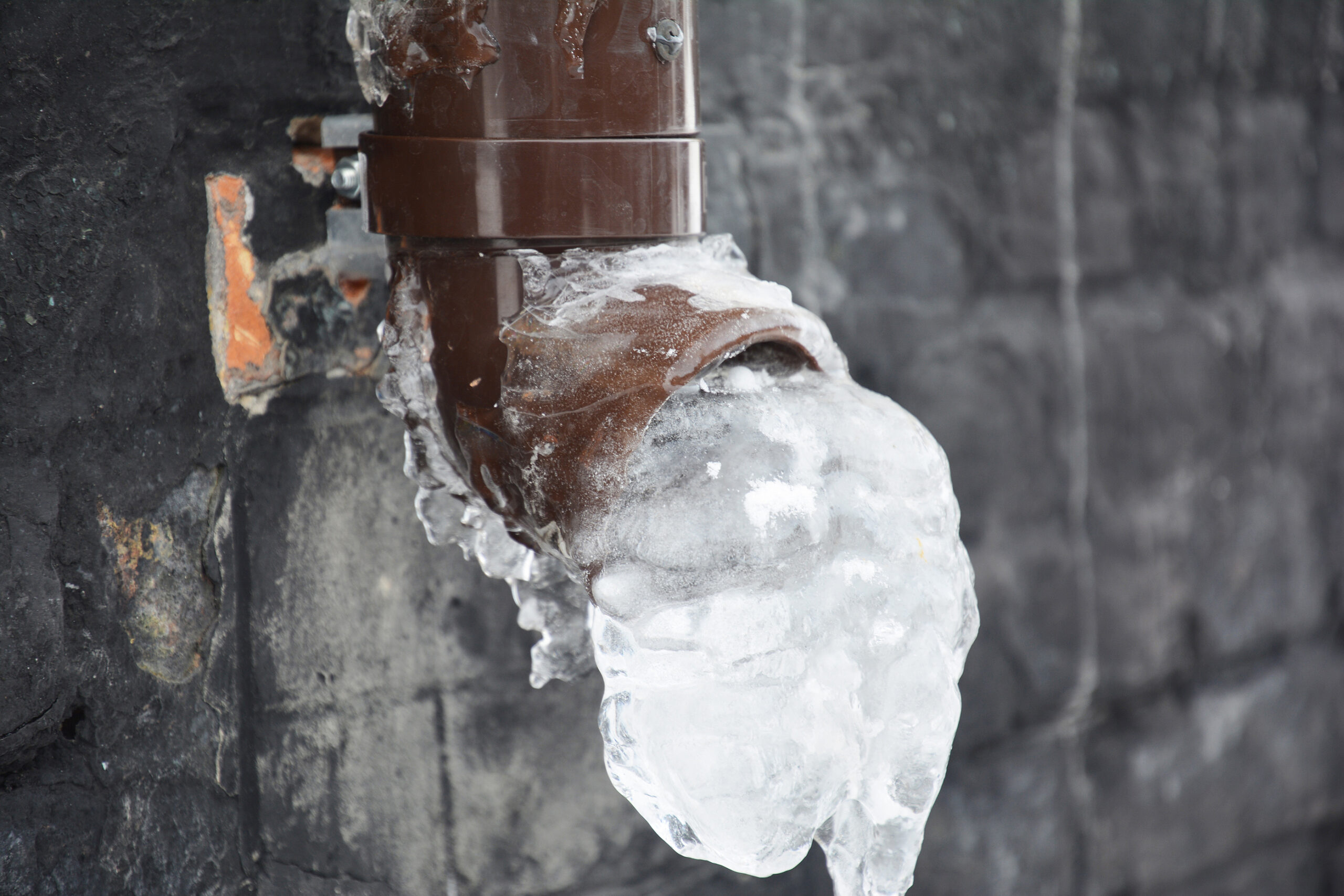Protecting Your Pipes from Freezing Damage: Critical Tips
Protecting Your Pipes from Freezing Damage: Critical Tips
Blog Article
Just how do you actually feel in relation to How To Avoid Freezing Pipes?

Winter can ruin your pipes, particularly by freezing pipes. Here's how to prevent it from happening and what to do if it does.
Introduction
As temperatures drop, the danger of icy pipelines boosts, potentially leading to pricey repair work and water damage. Comprehending exactly how to avoid frozen pipelines is essential for home owners in chilly environments.
Prevention Tips
Shielding at risk pipes
Cover pipes in insulation sleeves or utilize warm tape to secure them from freezing temperatures. Focus on pipes in unheated or exterior locations of the home.
Home heating methods
Keep interior rooms appropriately warmed, particularly areas with pipes. Open cabinet doors to permit warm air to circulate around pipelines under sinks.
How to recognize frozen pipelines
Search for lowered water flow from taps, unusual smells or noises from pipes, and noticeable frost on exposed pipes.
Long-Term Solutions
Structural changes
Take into consideration rerouting pipes away from outside walls or unheated locations. Add extra insulation to attic rooms, cellars, and crawl spaces.
Upgrading insulation
Invest in top quality insulation for pipes, attics, and wall surfaces. Appropriate insulation aids maintain constant temperature levels and decreases the danger of icy pipes.
Protecting Outside Plumbing
Yard hose pipes and exterior faucets
Separate and drain garden hose pipes before wintertime. Set up frost-proof faucets or cover outside taps with protected caps.
Understanding Frozen Pipes
What causes pipelines to freeze?
Pipes ice up when subjected to temperatures listed below 32 ° F (0 ° C) for prolonged durations. As water inside the pipes ices up, it broadens, putting pressure on the pipeline walls and possibly causing them to rupture.
Risks and problems
Frozen pipes can lead to water disturbances, home damage, and pricey fixings. Ruptured pipelines can flood homes and cause extensive architectural damage.
Indicators of Frozen Piping
Determining frozen pipelines early can stop them from rupturing.
What to Do If Your Pipelines Freeze
Immediate actions to take
If you presume icy pipes, keep taps available to relieve pressure as the ice melts. Use a hairdryer or towels soaked in warm water to thaw pipes gradually.
Verdict
Preventing icy pipes requires aggressive procedures and quick feedbacks. By comprehending the reasons, indications, and safety nets, house owners can protect their plumbing throughout cold weather.
Helpful Tips to Prevent Frozen Pipes this Winter
UNDERSTANDING THE BASICS: WHY PIPES FREEZE AND WHY IT’S A PROBLEM
Water freezing inside pipes is common during the winter months, but understanding why pipes freeze, and the potential problems it can cause is crucial in preventing such incidents. This section will delve into the basics of why pipes freeze and the associated problems that may arise.
THE SCIENCE BEHIND FROZEN PIPES
When water reaches freezing temperatures, it undergoes a physical transformation and solidifies into ice. This expansion of water as it freezes is the primary reason pipes can burst. As the water inside the pipe freezes, it expands, creating immense pressure on the walls. If the pressure becomes too great, the pipe can crack or rupture, leading to leaks and water damage.
FACTORS THAT CONTRIBUTE TO PIPE FREEZING
Low Temperatures: Extremely cold weather, especially below freezing, increases the risk of pipes freezing. Uninsulated or Poorly Insulated Pipes: Pipes located in unheated areas, such as basements, crawl spaces, or attics, are more prone to freezing. Insufficient insulation or lack of insulation altogether exacerbates the problem. Exterior Wall Exposure: Pipes running along exterior walls are susceptible to freezing as they encounter colder temperatures outside. Lack of Heating or Temperature Regulation: Inadequate heating or inconsistent temperature control in your home can contribute to frozen pipes. PROBLEMS CAUSED BY FROZEN PIPES
- Pipe Bursting: As mentioned earlier, the expansion of water as it freezes can cause pipes to burst, resulting in significant water damage.
- Water Damage: When pipes burst, it can lead to flooding and water damage to your property, including walls, ceilings, flooring, and personal belongings.
- Structural Damage: Prolonged exposure to water from burst pipes can compromise the structural integrity of your home, leading to costly repairs.
- Mold and Mildew Growth: Excess moisture from water damage can create a favorable environment for mold and mildew growth, posing health risks to occupants.
- Disrupted Water Supply: Frozen pipes can also result in a complete or partial loss of water supply until the issue is resolved.
WHY CERTAIN PIPES ARE MORE PRONE TO FREEZING
- Location: Pipes located in unheated or poorly insulated areas, such as basements, crawl spaces, attics, or exterior walls, are at higher risk of freezing.
- Exterior Pipes: Outdoor pipes, such as those used for irrigation or exposed plumbing, are particularly vulnerable to freezing as they are directly exposed to the elements.
- Supply Lines: Pipes that carry water from the main water supply into your home, including the main water line, are critical to protect as freezing in these lines can affect your entire plumbing system.
- Underground Pipes: Pipes buried underground, such as those connected to sprinkler systems or outdoor faucets, can be susceptible to freezing if not properly insulated.
https://busybusy.com/blog/helpful-tips-to-prevent-frozen-pipes-this-winter/

I was made aware of that write-up about Prevent Frozen Pipes through a friend on our other blog. Sharing is good. You won't know, you might be helping someone out. We appreciate reading our article about How to Prevent Your Pipes From Freezing.
Source This Article Report this page